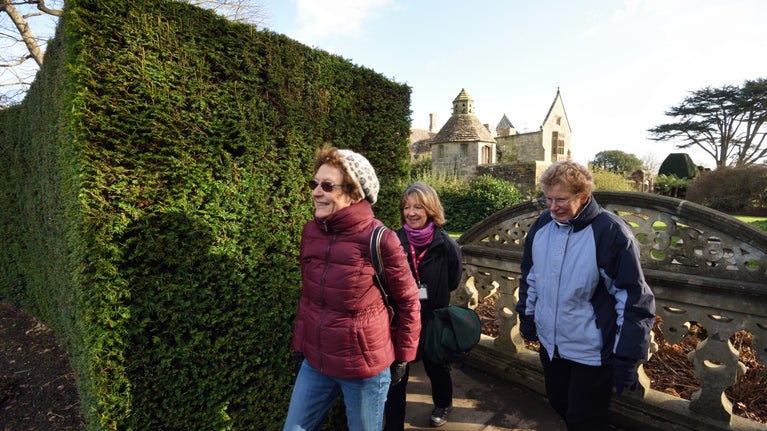
Where will you visit next?
Discover lots of gardens, historic houses, days out at the coast and more.
Visit fairy-tale castles brimming with history, fine country houses and glorious gardens in Wales. From the rocky peaks of Eryri (Snowdonia) to wild unspoilt beaches, enjoy an unforgettable trip to a Celtic land steeped in myths and legends. Croeso i Gymru.
Visit an amazing collection of gardens and parks in Wales. From walled gardens to arboretums and countryside estates, there’s plenty to explore.
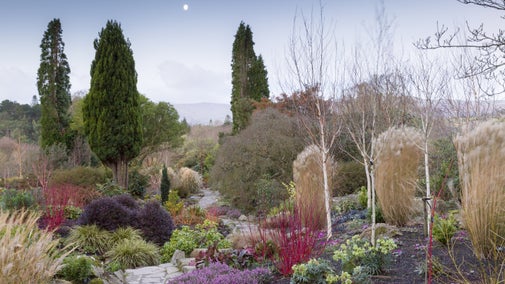
Explore magnificent Welsh mansions and their collections, from ancestral homes to buildings designed by renowned architects. Discover the history and tales from bygone days, in breath-taking settings across Wales.
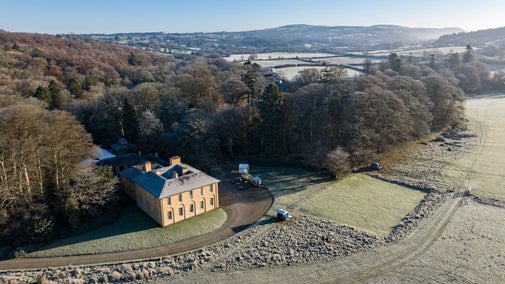
Step into a medieval fortress with dungeons at Chirk or visit the home of the Welsh princes at Powis Castle. Discover some of the finest and most famous castles in Wales.

Explore dramatic and beautiful valleys, ancient woodlands and river walks or have an adventure through the wild Welsh mountains and visit some of the country’s most iconic peaks.

Explore 157 miles of Welsh coastline protected by the National Trust, from long golden beaches to rugged clifftops.
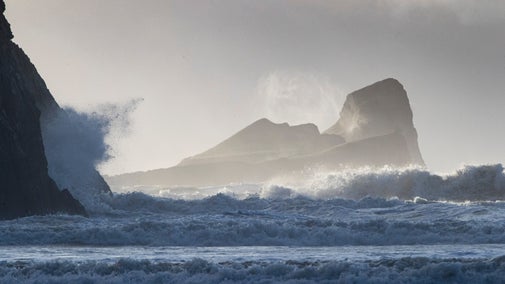
With fun-filled activities and exciting events, there are plenty of great family days out to be had in Wales. Explore vast Welsh castles, tick off some ’50 things to do before you’re 11¾’ activities, or let off steam in natural play areas.

From exciting family trails and beatboxing workshops to natural play areas and creative craft sessions, there are a whole host of family adventures to enjoy at the places we care for this half term.

Wrap up warm and head out into the fresh air to discover spectacular gardens transformed by winter.
Admire the winter light on the rhododendrons and camellia, peer up at the towering evergreen trees in the Far End and stop off to enjoy the Winter Garden’s display of foliage, flower, bark and scent.

Winter is the perfect time to appreciate the garden’s structure, with pleached limes, trained fruit, hedges, paths and ponds taking centre stage during the coldest season.

Breathe in the scent of scented shrubs and winter honeysuckle, spot the groups of hellebores dotted around the garden and warm up in the heated glasshouse where you’ll find an oasis of colour.

See lead statues of shepherds and shepherdesses sparkling in the frost as they dance on the Aviary Terrace and admire ancient evergreen yew hedges standing proud in the winter sun.

A circular waymarked walk around Erddig's estate, along the River Clywedog, past an 18th-century water feature, castle remains and historic defensive earthworks.

Journey out along one of Wales's most famous cliffs with views of the golden sand of Rhosili and the rugged limestone rocks of the South Gower Coast.
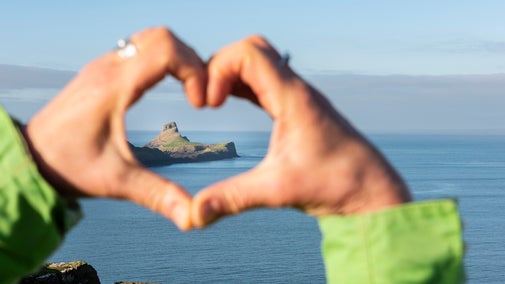
A circular coastal walk on the Llŷn Peninsula from Aberdaron along the headland to the small fishing cove of Porth Meudwy.

Walk beside historic ancient trees on a circular route in a landscape designed by Lancelot 'Capability' Brown, with the chance to spot the resident fallow deer.
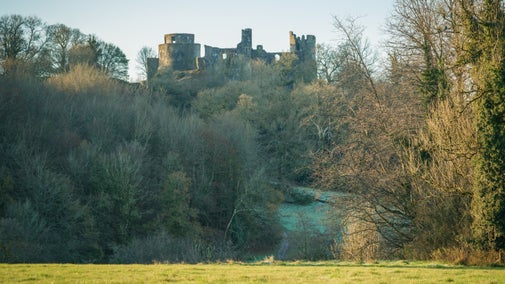
Explore wide open landscapes, gentler coastal strolls or energetic hikes for something a little more challenging. We've rounded up some of the best places to walk in Wales.
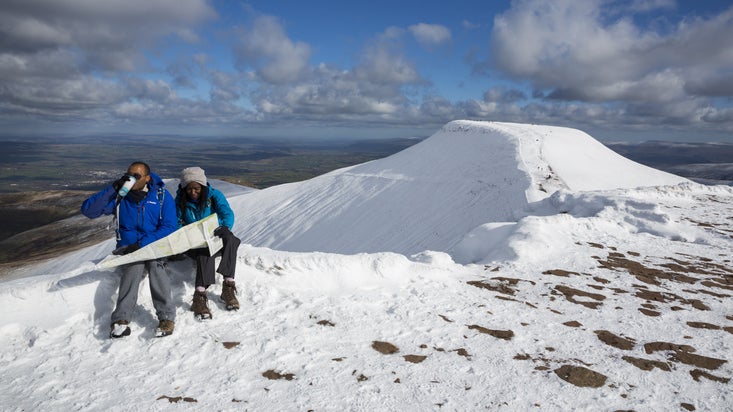
From mountains and beaches, to gardens and parklands, find a dog walk in Wales that both you and your four-legged friend will love. Here’s your guide to some of the best dog-friendly places to visit in Wales.

Discover the Instagram account @tindroi_dawdle which brings a fresh and unique artistic vision to the historical and cultural landscapes under the care of National Trust Cymru.
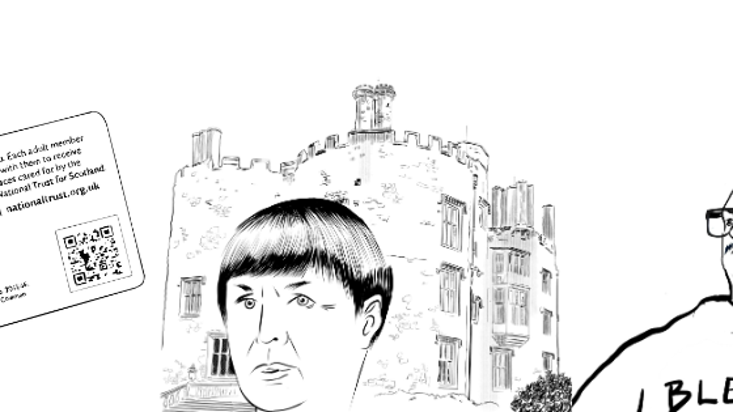
Discover how you can make a difference by volunteering at one of the places we look after in Wales, from historic houses to mountains and coastlines.

Join a supporter group in Wales to support local places through fundraising and volunteering, meet new people and enjoy special interest talks, trips and events.

We’ve all been there – start 2026 with all good intentions of getting fitter, enjoying some fresh air and getting outdoors more. Well, what if this year, there was a way for you to combine all of that with the first Trust10 Trail Run? The first will take place on 25 January 2026 at Aberdaron, with monthly events running throughout the year—except in May, July, and August. There’s no need to register in advance – and it’s free!
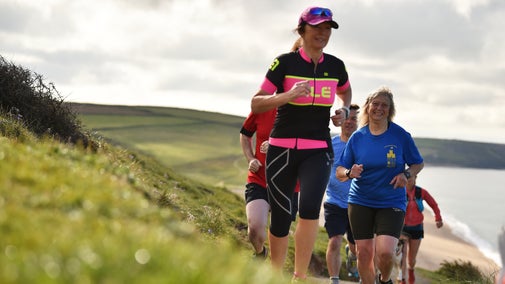
Bedwyr Williams’s new book of nearly 600 drawings captures the humour and humanity in everyday visits to National Trust places in Wales.
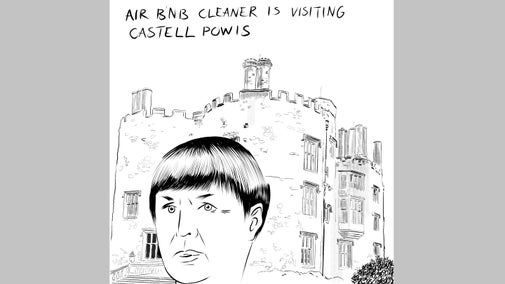
This week on Monday 24 November, during National Tree Week, the first Sycamore Gap sapling to be planted in Wales took root at Rhiwbina Primary School in Cardiff.
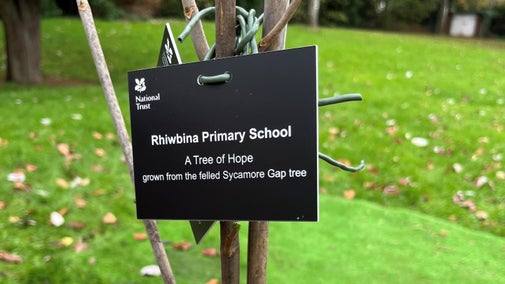
The National Trust and Admiral have joined forces in a new strategic partnership that brings together nature conservation and community protection.
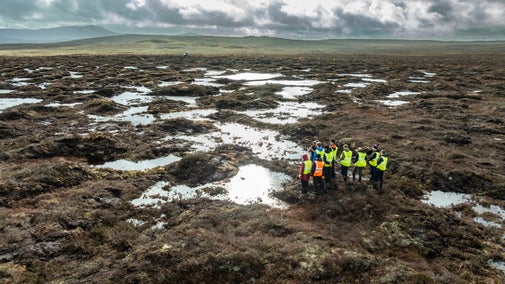
In July we announced the need to make savings due to sustained cost pressures that are affecting many charities, and to put us in the best position to deliver our new 10-year strategy.

The International Garden Photographer of the Year exhibition arrives in North Wales for the first time.
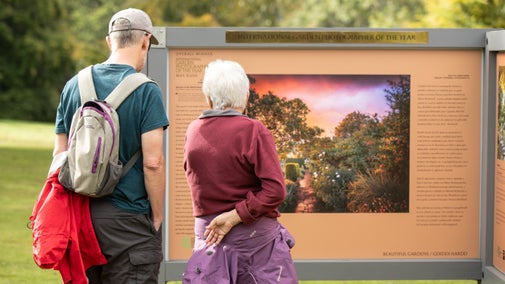
National Trust Cymru is proud to unveil ‘Not Lost in Translation’, a nationally significant exhibition hosted at the Senedd from 5 September to 30 October that celebrates Welsh language, culture, and legacy.
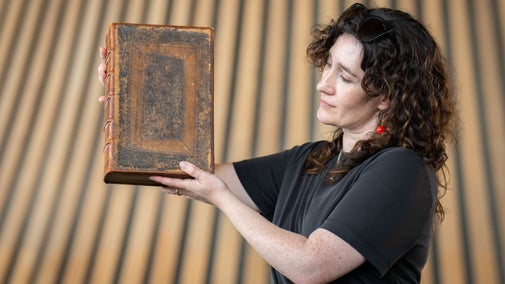
Neath Port Talbot and Torfaen in Wales received a funding boost today of £1.1million to help ensure people living across Blaenavon, Pontypool, Cwymbran, Neath and Port Talbot can enjoy nature and green spaces close to home.
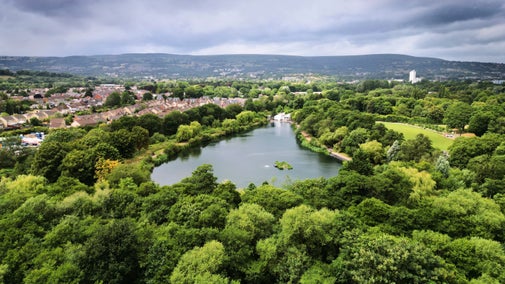
Whether you’re looking for a light lunch, a hot drink or the perfect gift, you’ll find something at our cafés, tea-rooms and shops in Wales.

Cosy or characterful, coast or countryside, discover some of the best holiday cottages in Wales for a perfect break.

Os ydych eisiau cyfarfod ffrindiau newydd, neu rhoi cynnig ar rywbeth gwahanol, gallai Parkrun Iau fod yr union beth i chi. | Whether you want meet new friends, or want to try something different, Junior Parkrun could be just the thing for you.
Join us for a free run or walk with amazing views of the landscape.
After the hectic energy which often accompanies the end of one year and the start of another, a quiet winter walk is a great way to look after your body and mind during the ongoing winter months.
Dewch i ymarfer eich Cymraeg mewn man cyfeillgar, hamddenol a chefnogol. Dim pwysau, dim gwersi – dim ond sgwrsio i magu hyder, ac ychydig o hwyl | Come and practise your Welsh. No pressure, no lessons – just chat, confidence, and a bit of fun.
Learn how to craft with willow in this willow weaving workshop.
Find out about our proposed plans for the campsite and how you can give your feedback as part of a statutory consultation running from 1 to 28 February 2026.
Discover more of Dyffryn’s history and find out how we’re looking after this special place in the House of Discovery exhibition in the Morning Room of Dyffryn House.
Join us for relaxed and inspiring art workshops with local artist Sue Davies. Whether you're a seasoned artist or just starting out, come and explore your creativity - let your artist side flow at Aberdulais Falls!

Discover lots of gardens, historic houses, days out at the coast and more.